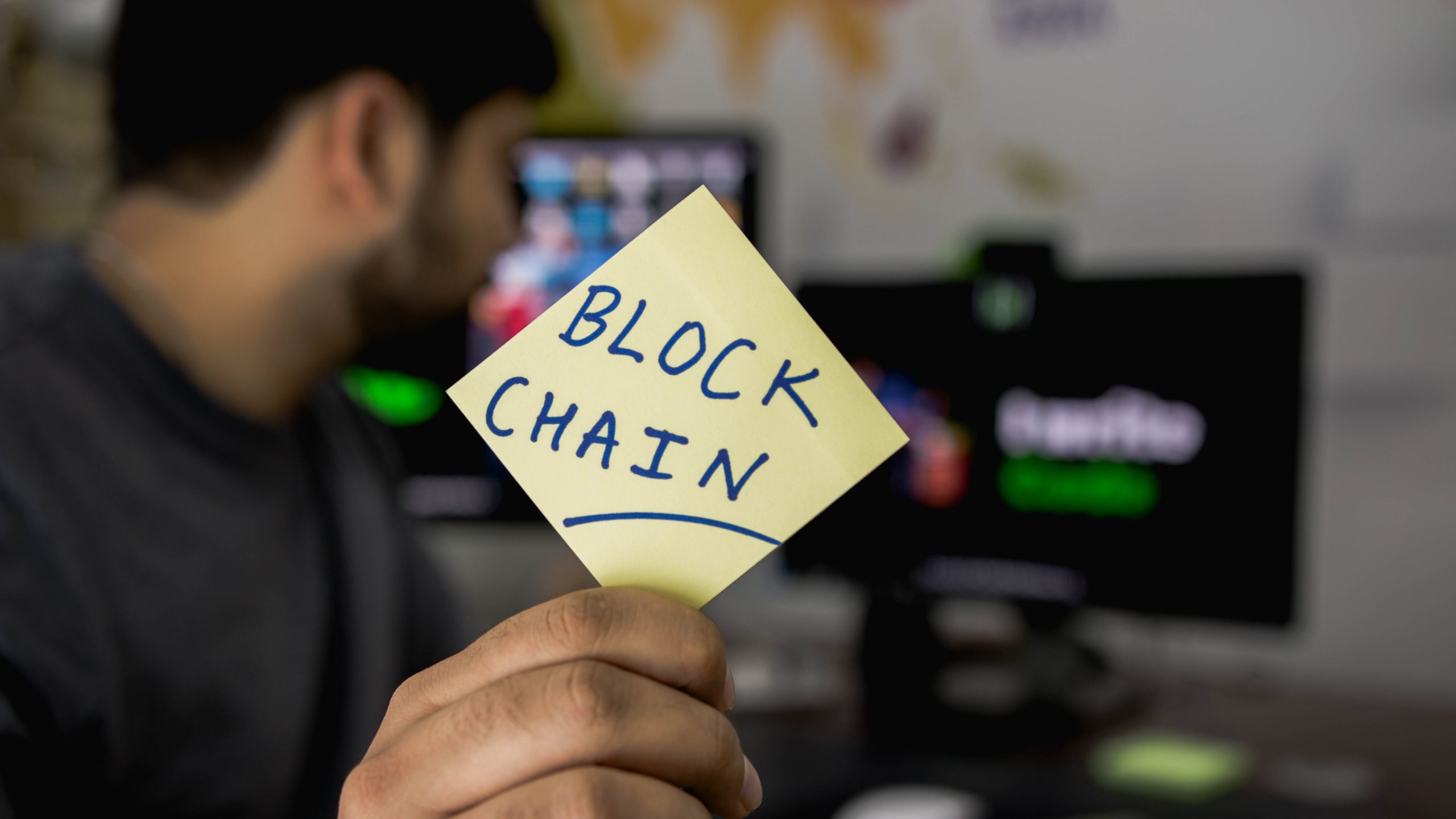Blockchain technology, it’s been part of everyone’s conversation at one point or another in the past years. The ocean of information can be daunting to navigate, with the highs and lows of what to expect from the crypto market and the idea of web3 in general. I’m originally from a developing nation and often wonder if Blockchain could be a game changer for vulnerable economies. This is partly why I joined a WhatsApp group for Caribbean NFT creators and crypto enthusiasts. It was easier to get relevant information and personable case studies from there than floating in the vast amount of information online, in books and so on. After 2 years of getting my daily share of crypto and Blockchain updates from a group of truly inspiring individuals, I’d like to sum up and share the numerous benefits to developing countries across various sectors that Blockchain offers:
- Transparent Governance: Blockchain can enhance transparency and accountability in government systems. By implementing blockchain-based voting systems, land registries, and supply chain management, corruption and fraud can be minimized, ensuring fairer distribution of resources and public trust in institutions.
- Financial Inclusion: Many people in developing countries lack access to traditional banking services. Blockchain-based financial systems can provide secure and low-cost alternatives, enabling individuals to have a digital identity and access basic financial services like payments, savings, and loans.
- Remittances and Cross-Border Payments: Developing countries often rely on remittances from overseas workers. Blockchain-powered platforms can facilitate faster, cheaper, and more secure cross-border transactions, reducing the dependency on intermediaries and lowering transaction costs.
- Supply Chain Management: Blockchain can improve supply chain transparency and traceability, particularly for agricultural products, pharmaceuticals, and other goods. By tracking each stage of the supply chain on an immutable ledger, it becomes easier to verify product authenticity, prevent counterfeiting, and ensure fair payment to farmers or producers.
- Access to Services: Blockchain-based platforms can enable decentralized service delivery, particularly in areas such as healthcare, education, and energy. Smart contracts on the blockchain can automate agreements and ensure fair access to services, even in remote or underserved areas.
- Digital Identity and Land Rights: Many individuals in developing countries lack proper identification documents and secure land rights. Blockchain technology can help establish reliable digital identity systems, ensuring that individuals have access to services and can prove their ownership of land or property without relying on vulnerable paper-based systems.
- Funding and Investments: Blockchain-based crowdfunding and peer-to-peer lending platforms can connect entrepreneurs in developing countries with global investors, bypassing traditional financial intermediaries. This can stimulate local businesses, encourage innovation, and promote economic growth.
- Humanitarian Aid and Non-Profit Initiatives: Blockchain can increase transparency and accountability in charitable organizations and aid distribution. Donors can track the flow of funds and ensure they reach the intended beneficiaries, reducing the risk of corruption and improving the efficiency of humanitarian efforts.
So yes, Blockchain offers potential benefits, but implementing and scaling these solutions require careful consideration of technical, regulatory, and social factors specific to each country’s context.

Leave a Reply